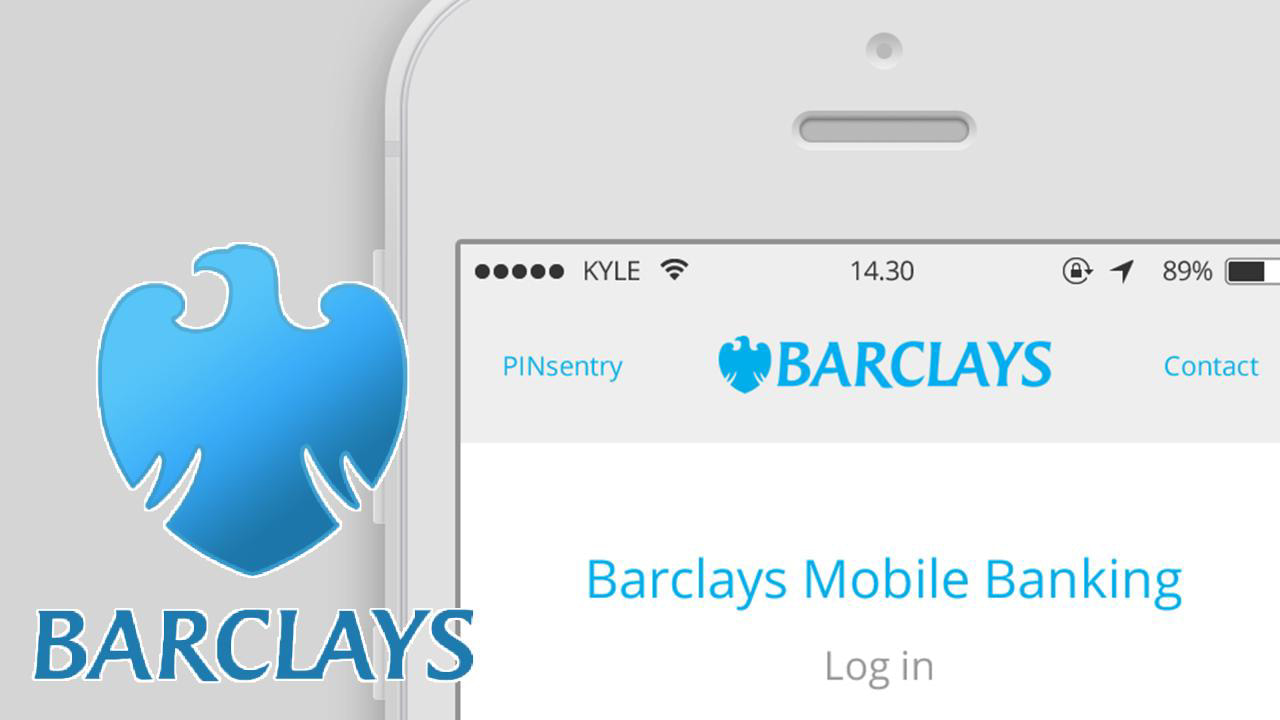Open Banking in the UK appears to have been slow to take off since it launched in January 2018. However, the pace of adoption is increasing month-on-month, with significant numbers of transactions now being processed every day.
UK banks have been forced into adopting Open Banking by the regulators in a move aimed at increasing competition and spurring innovation in the market place. Open Banking allows suitably licenced third parties to access customer data held by a bank and also to initiate payments from a customer’s bank. These two capabilities individually allow many financial processes to be re-engineered. More significantly, however, they create the basis for the development of new disruptive services and ways to pay.
Whilst the UK is leading the way, banks in the rest of the EU face similar regulatory controls in September 2019. Going beyond Europe, many countries have also started along a path of introducing similar requirements for their financial sectors. This looks less like the UK is going it alone and more like a global shift towards the introduction of disruptive services.
The apparent slow initial progress was not entirely due to the lack of effort – much work was actually being done. It was, though, discovered that a number of iterations of the standards were required to deliver solutions that are commercially viable. For example, high on list of issues to be tackled was ensuring a good end user experience.
Of the two types of service, Account Information Services and Payment Initiation Services, AIS has got off to a faster start than their PIS equivalent when measured in terms of both the number of live operational applications and the number of calls being processed by the Open Banking infrastructure.
Payment Initiation Services
Taking a closer look at PIS we see that the initial aim within the industry is to provide a new payment option that can operate in areas currently covered by the use of cards of all types. PIS enables the delivery of payment schemes that are fraud free by design, are less expensive to users and that operate in real-time. Even with these advantages, payments of this type will not be accepted by the public at large unless they offer a user experience that is at least equivalent to or offers less friction than the process used at present.
Solving this conundrum has been the main reason for delaying the introduction of commercially viable PIS solutions. To be blunt, the early attempts were neither viable, nor user friendly to any degree. Lessons have been learned, new standards have been introduced and work is in hand to implement these.
Here is where Barclays have jumped in by leading the pack in terms of providing a good user experience. Making an online purchase from a device with the Barclay app present is very straightforward. You opt to pay via Barclays, the Barclays app automatically loads and you use finger print or facial recognition to get in. The app then presents a summary of the payment being requested, who the merchant is and the value of the payment. Confirm the payment and job done!
No more keying lengthy card numbers, no more expiry dates and no more CVV values to enter. What’s more, the transaction is completely safe from fraud. The merchant is not given your account details, so they have no data to store and consequently no data for criminals to steal and reuse.
Merchants also benefit from lower transaction costs and receipt of the funds in seconds rather than in the days taken by current card procedures.
Other financial institutions are now in the process of bringing their customer facing apps into line with the latest standards. This is in order for the general roll out of Open Banking payments to start in earnest towards the end of 2019.
Mobile commerce is just one part of the payment landscape. However, because of the substantial benefits offered, there is considerable development activity underway to spread their use to other areas where payments are made, whether these are currently covered by the use of cards or not.
If you want to find out more about how Open Banking can enhance your business, arrange a call with us today or read our Open Banking World Series Report.
About Nuapay
Nuapay is a pioneer of Open Banking and is the industry’s leading provider of Account-2-Account payment solutions environment. Building upon the trust, scale, and experience of our parent company Sentenial we – who securely process over €42bn every year as an outsourcing provider to many of the world’s leading Banks – and continually we have worked tirelessly to reinvent what’s possible from a modern banking and payment solution.
Today, we offer partners all around Europe the world a fully comprehensive, integrated payment solution that removes all traditional banking inefficiencies and unnecessary costs, saving you time, money and resources at every turn. This is banking as it should be.





